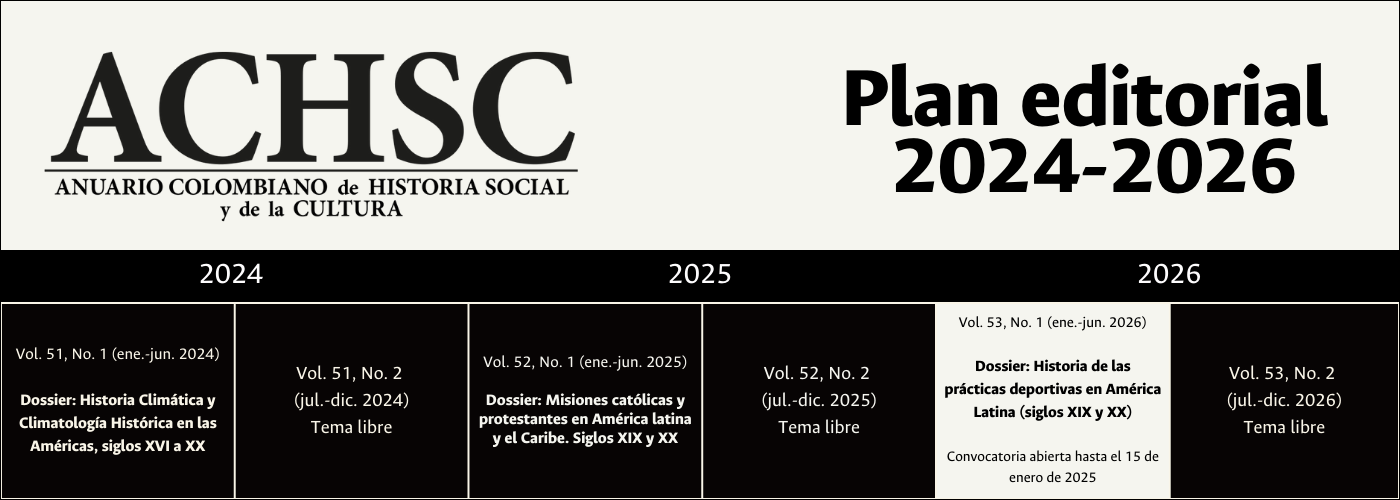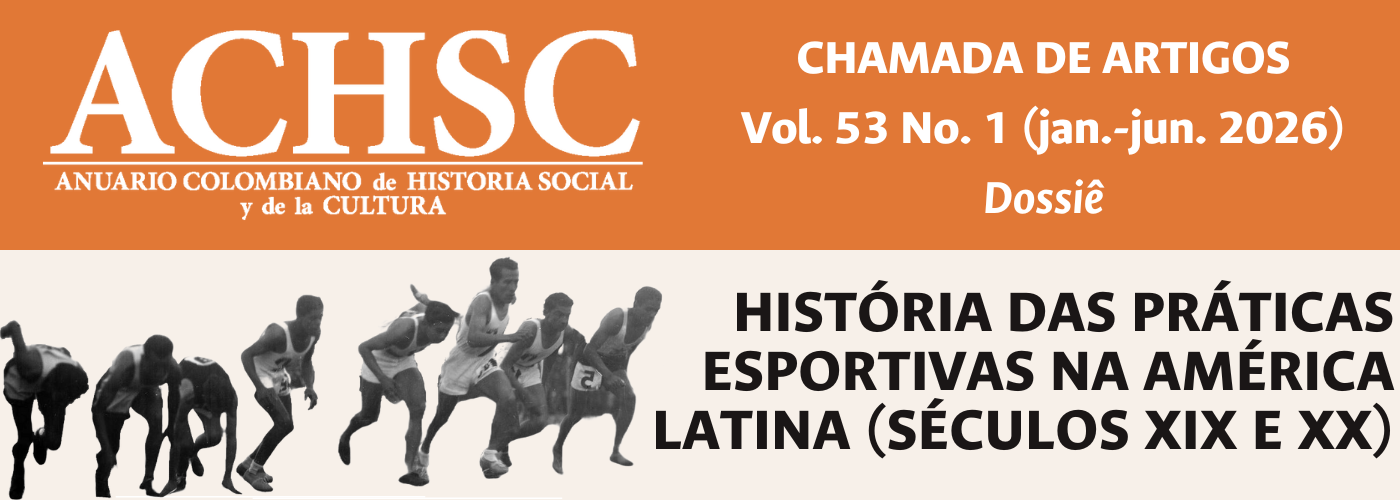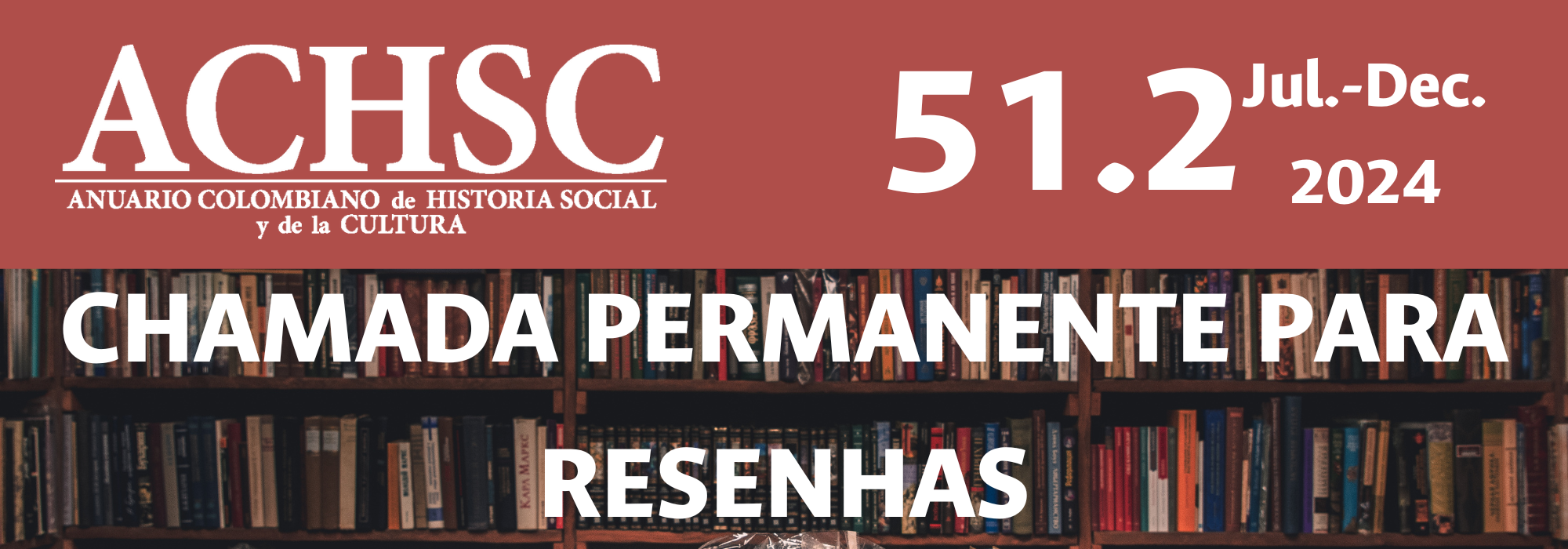Social History and the Study of "Great Men"? The Hispanic American Historical Review, William Spence Robertson (1872-1956), and the Disciplinary Debate About Biography
Palavras-chave:
history, United States, biography, social history, historiography, Latin America (es)
Downloads
The rise of social history in the sixties sparked heated debate while
rejecting biography on behalf of a deeper forms of explanation, especially
in the socio-economic realm (base) conceptualized in structural and
systemic terms. This article will test the accuracy of social history’s
criticism of the U.S. scholarly community associated with Hispanic
American Historical Review —HAHR— from its formative years (1910-
1920) through its consolidation in the forties. It does so by examining the
historical scholarship of William Spence Robertson, a HAHR founder who
wrote authoritative biographical monographs on Francisco de Miranda
(1929) and Mexico’s Iturbide (1952). While offering an interpretation of
HAHR as a U.S. disciplinary journal, it asks if Robertson’s professional
production is best understood as an expression of a prevailing “great
man theory of history” while exploring the evolving reception of his
work at mid-century. It ends by offering a critique of the theoretical
underpinnings of the anti-biographical disposition of so many historians
even today and explores how it derives from a combination of certain
formulations of Marxism with structuralist, and post-structuralist doxa.





















